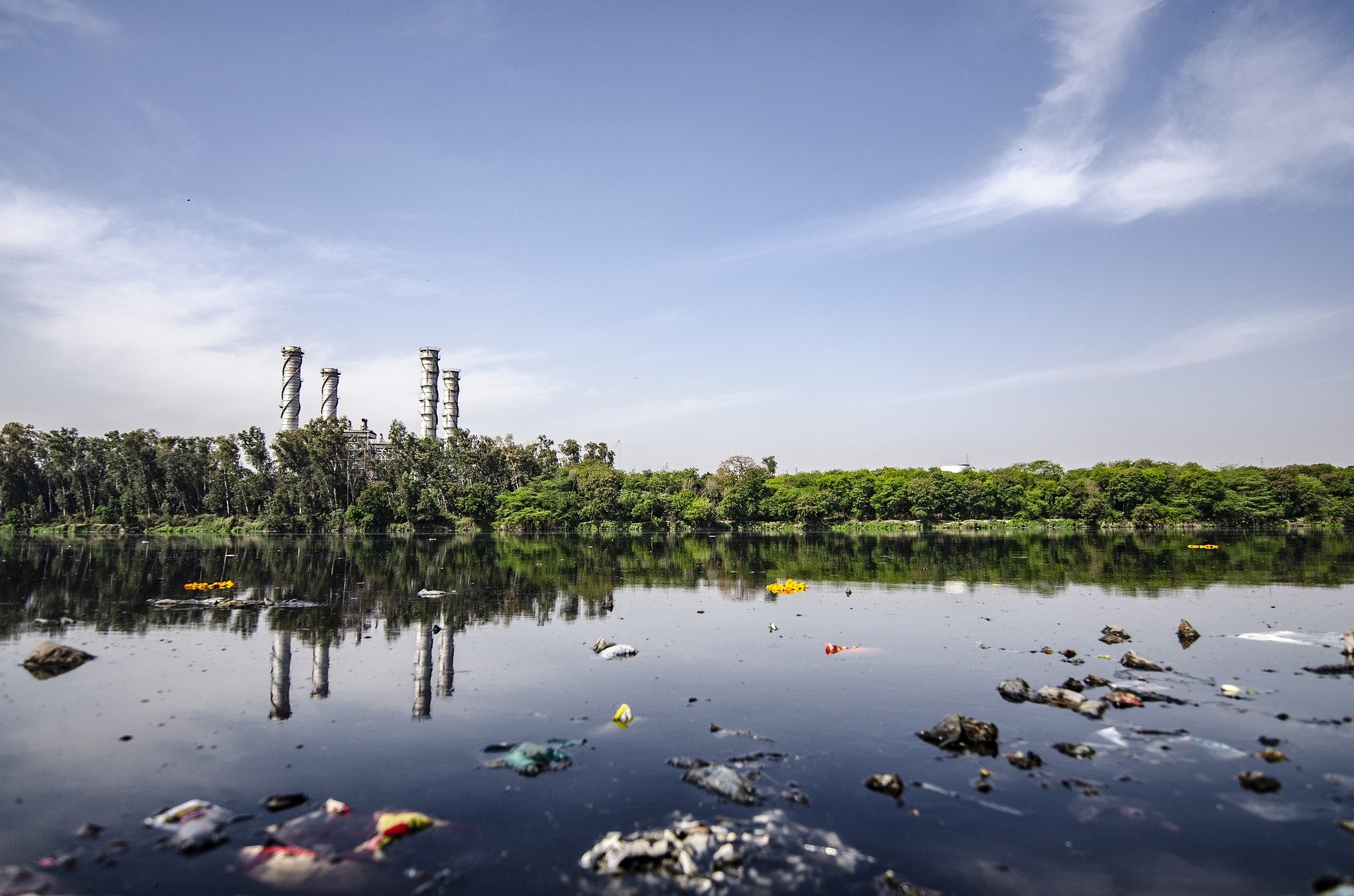On March 28, 2024, the US Environmental Protection Agency (EPA) adopted requirements that qualifying onshore non-transportation-related facilities prepare Facility Response Plans (FRPs) to address possible “worst case” discharges of hazardous substances into navigable waters or related areas. These new requirements fulfill a mandate imposed in 2020 after environmental groups successfully sued EPA for failing to issue such rules in the 30 years following 1990 amendments to the Clean Water Act (CWA) directed EPA to do so (Environmental Justice Health Alliance for Chemical Policy Reform, et al. v. EPA). The rest of this note discusses these new requirements, in the context of CWA facility preparation requirements.
Read MoreAudit, Compliance and Risk Blog
EPA requires worst case release planning by onshore facilities
Posted by Jon Elliott on Tue, Apr 23, 2024
Tags: Environmental risks, Environmental, EPA, CWA, Clear water, Hazardous Waste, Environment, Environmental Policy
New EPA website compiles agency cancer prevention efforts
Posted by Jon Elliott on Mon, Oct 23, 2023
On September 13, the US Environmental Protection Agency (EPA) added to its website a portal with information about the agency’s many regulatory, research and informational efforts addressing carcinogen hazards and controls. This information supports the Biden Administration’s “Cancer Moonshot.” EPA undertakes carcinogen control efforts by applying legal authority under many of the environmental protection statutes it administers. The remainder of this note summarizes the agency efforts identified on EPA’s new web portal.
Read MoreTags: Health & Safety, EPA, CAA, tsca, CWA, NESHAPs, FIFRA, Healthcare, Illness, Cancer Moonshot
EPA and Corps of Engineers redefine “Waters of the United States” in response to Supreme Court
Posted by Jon Elliott on Tue, Sep 19, 2023
On September 8, 2023, the US Environmental Protection Agency (EPA) and US Army Corps of Engineers (Corps) adopted revised definitions of “waters of the United States” (WOTUS) which is a critical but undefined term in the Clean Water Act (CWA). As I’ve discussed repeatedly, the agencies, potentially regulated entities, and others have disputed possible definitions for decades. Most recently, in May 2023 the US Supreme Court adjusted its own precedent to over-rule definitions adopted by EPA and the Corps in January 2023 (I discussed the January rules HERE, and the Supreme Court decision (Sackett v. EPA) HERE). The rest of this note identifies the newest regulatory (re)definitions, adopted to conform the agencies’ regulations to the latest Supreme Court guidance restricting the types of wetlands potentially considered to be WOTUS subject to CWA regulation.
Read MoreTags: EPA, clean water, CWA, Clear water, water pollutants, environmental law, water, WOTUS
On May 25, the United States Supreme court issued its latest decision interpreting the term “waters of the United States” – increasingly referred to by practitioners as “WOTUS” – subject to regulation under the Clean Water Act (CWA) (Sackett v. EPA). This decision narrows the geographic and hydrologic circumstances under which “wetlands” can be considered WOTUS, reinterpreting previous Supreme Court decisions and effectively overruling the latest efforts by the US Environmental Protection Agency (EPA) and US Army Corps of Engineers (Corps) to define WOTUS subject to their respective CWA jurisdictional authorities. (I’ve written several times about the agencies’ rule making efforts, most recently HERE). The remainder of this note summarizes the Supreme Court’s new definition, and the changes it imposes on the physical extent of CWA jurisdiction.
Read MoreEPA progress reducing Clean Water Act significant non-compliance
Posted by Jon Elliott on Thu, Dec 08, 2022
On November 22, the US Environmental Protection Agency (EPA) announced the success of its ongoing National Compliance Initiative for “Reducing Significant Non-Compliance (SNC) with NPDES Permits,” addressing high levels of non-compliance with individual permits to discharge water pollutants under the Clean Water Act’s (CWA’s) National Pollutant Discharge Elimination system (NPDES). EPA started the Initiative in fiscal year (FY) 2018, in cooperation with delegated state water quality agencies, after compiling and evaluating permit holders’ data showing significant non-compliance by over 20% of the 46,000 permitted facilities around the country. The Initiative’s goal has been to cut non-compliance in half by the end of FY 2022. EPA’s November 22 report claims that this goal has been exceeded, with significant non-compliance rates down to 9%.
Read More
Tags: EPA, clean water, CWA, Clear water, NPDES, water pollutants, water, SNC
In 1976, an important motivation for enactment of the Toxic Substances Control Act (TSCA) was to empower the Environmental Protection Agency (EPA) to control polychlorinated biphenyls (PCBs), which had been developed as superlative insulation fluids but had come to be recognized as persistent toxic contaminants that bioaccumulate in the environment. TSCA banned the manufacturing, processing and distribution of new PCBs effective January 1, 1978, except in a “totally enclosed manner” or with an express exemption from EPA (including a finding that the exempt activity does not pose an “unreasonable risk of injury to health or the environment”). Even enclosed activities were banned beginning in 1979, unless with an express exemption from EPA. Additional provisions apply to non-banned activities, and to the cleanup and disposal of PCB-containing wastes. PCBs remain in use in enclosed/exempt locations throughout the country, and new contamination is identified from new leaks and legacy sites.
Read MoreTags: EPA, tsca, CWA, Environment, Toxic, Toxics Release, PCBs
Supreme Court reminder in Superfund case: settling a case under one environmental law may not affect potential liability under others
Posted by Jon Elliott on Wed, Jun 23, 2021
The many overlaps and disjunctions in environmental protection laws mean that many situations are potentially subject to multiple laws and their associated enforcement provisions. On May 24, the US Supreme Court decided the latest incarnation in a long-running dispute between the federal government and the territory of Guam over contamination at a landfill, which included an earlier round involving the Clean Water Act (CWA) and the latest round involving the Superfund law (Comprehensive Environmental Response, Compensation, and Liability Act (CERCLA)) (Guam v. United States). The court decided that a 2004 settlement in a CWA enforcement case did not – and could not – affect Guam’s latest search for financial contributions to cleanup under CERCLA. This decision provides not just specific clarification of the relationship between two CWA and CERCLA cost recovery provisions, but also a general reminder about the need to craft settlements carefully.
Read More
Tags: Environmental, CWA, Supreme Court, CERCLA, environmental law
Study compares environmental enforcement during Trump administration with predecessors
Posted by Jon Elliott on Wed, Oct 28, 2020
I’ve written numerous times in this space about specific efforts by the Trump administration to reduce environmental regulation and enforcement. A new study from the University of Michigan Law School quantifies reductions in the administration’s criminal enforcement levels. The report is part of the school’s “Environmental Crimes Project,” and includes the first two years of the Trump Administration as the latest in a 14-year series of federal environmental enforcement data. Readers should note that federal criminal environmental enforcement is brought by the US Department of Justice (DOJ) on behalf of the US Environmental Protection Agency (EPA); EPA and delegated state agencies bring their own civil cases, and most state criminal enforcement is brought by state prosecutors on behalf of state regulatory agencies (I summarized agency enforcement in the first year of the Trump administration HERE).
Read MoreTags: OSHA, EPA, RCRA, CAA, DOJ, CWA, Environment, ESA, SWMA
Department of Justice Restricts Supplemental Environmental Project Agreements
Posted by Jon Elliott on Wed, May 20, 2020
Effective March 12, 2020, the US Department of Justice (DOJ) prohibits its US attorneys from entering into settlements in which DOJ lowers penalties for defendants that agree to conduct “supplemental environmental projects (SEPs)”, if the SEP involves payments to a third party. This action is the latest in a series of DOJ moves against SEPs since President Trump took office. The first such step was a June 2017 DOJ management memorandum directing US attorneys NOT to agree to SEPs that include payments to third parties (I wrote about that memo HERE). The second was an August 2019 memorandum restricting use of SEPs in Clean Water Act (CWA) cases against state and local governments, in which DOJ rejected arguments that recent legislation allows them (I wrote about that memo HERE).
Read MoreTags: Business & Legal, Environmental risks, Environmental, EPA, clean water, clean air, DOJ, SEP, CWA, Environmental Projects
Supreme Court provides greater clarity about when discharges to groundwater require Clean Water Act permits
Posted by Jon Elliott on Wed, Apr 29, 2020
On April 23, a six-member majority of the United States Supreme Court issued a decision that narrows the uncertainty about when a discharge of water pollutants to groundwater may require a Clean Water Act (CWA) permit (County of Maui v. Hawaii Wildlife Fund). The decision directly vacates the Ninth Circuit Court of Appeals decision it reviews, and effectively over-rules decisions by the Fourth and Sixth Circuits that differed with the Ninth Circuit but are also inconsistent with the Supreme Court’s new analysis. It also overturns guidance issued by the Environmental Protection Agency (EPA) in 2019 categorically excluding discharges from point sources to groundwater from regulation under the CWA National Pollutant Discharge Elimination System (NPDES) permit program; EPA's policy applied nationwide except in those three judicial circuits.
Read MoreTags: Business & Legal, EPA, CWA, Hawaii Wildlife Fund, County of Maui, NPDES, Supreme Court, Groundwater discharge, water pollutants


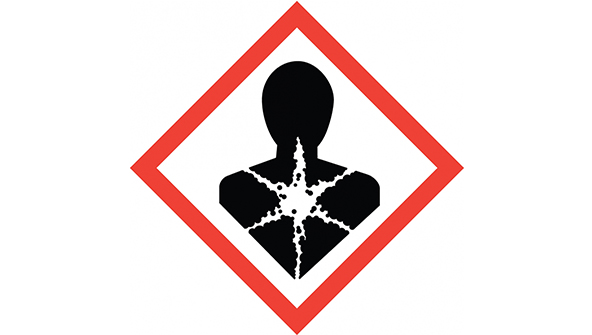
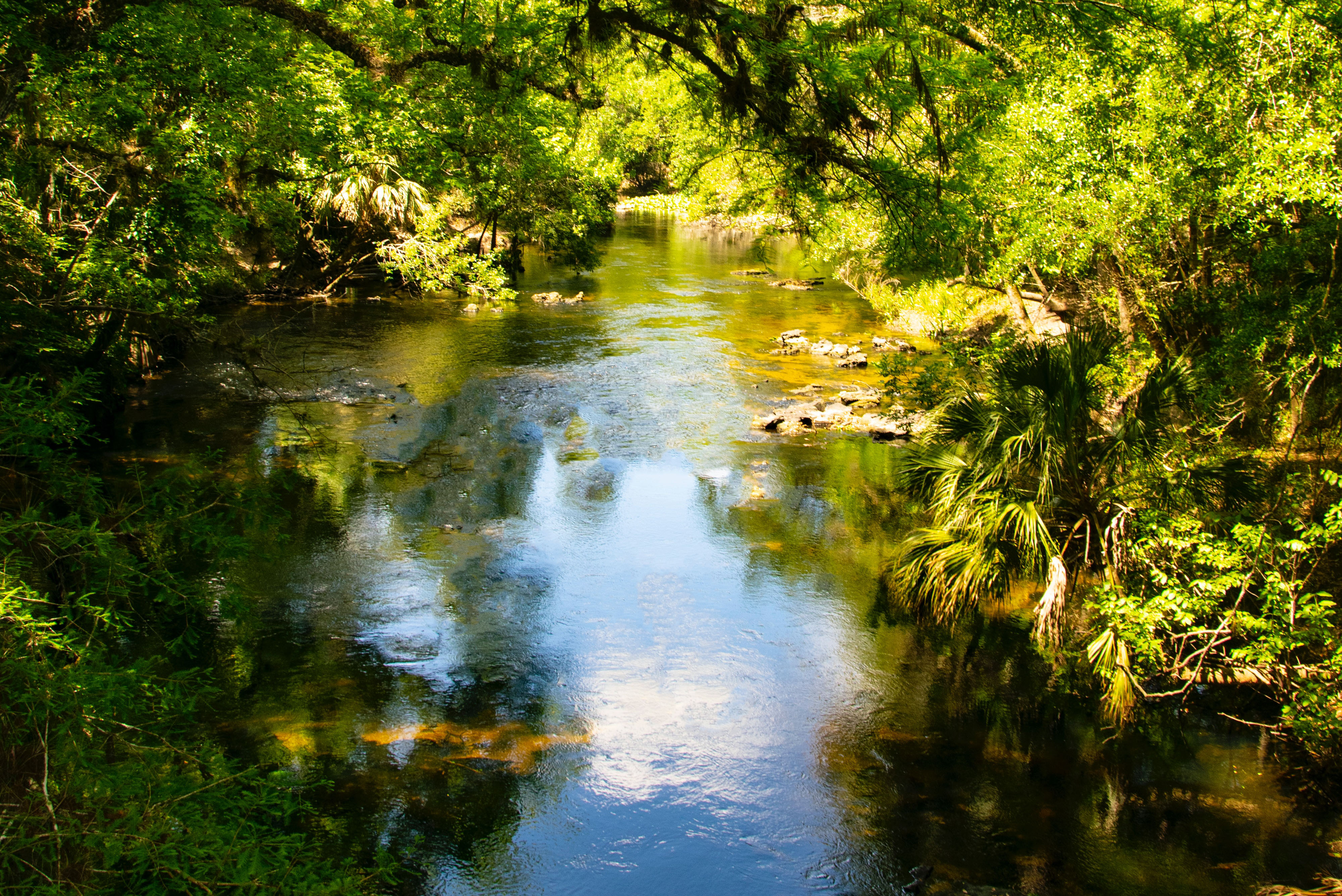
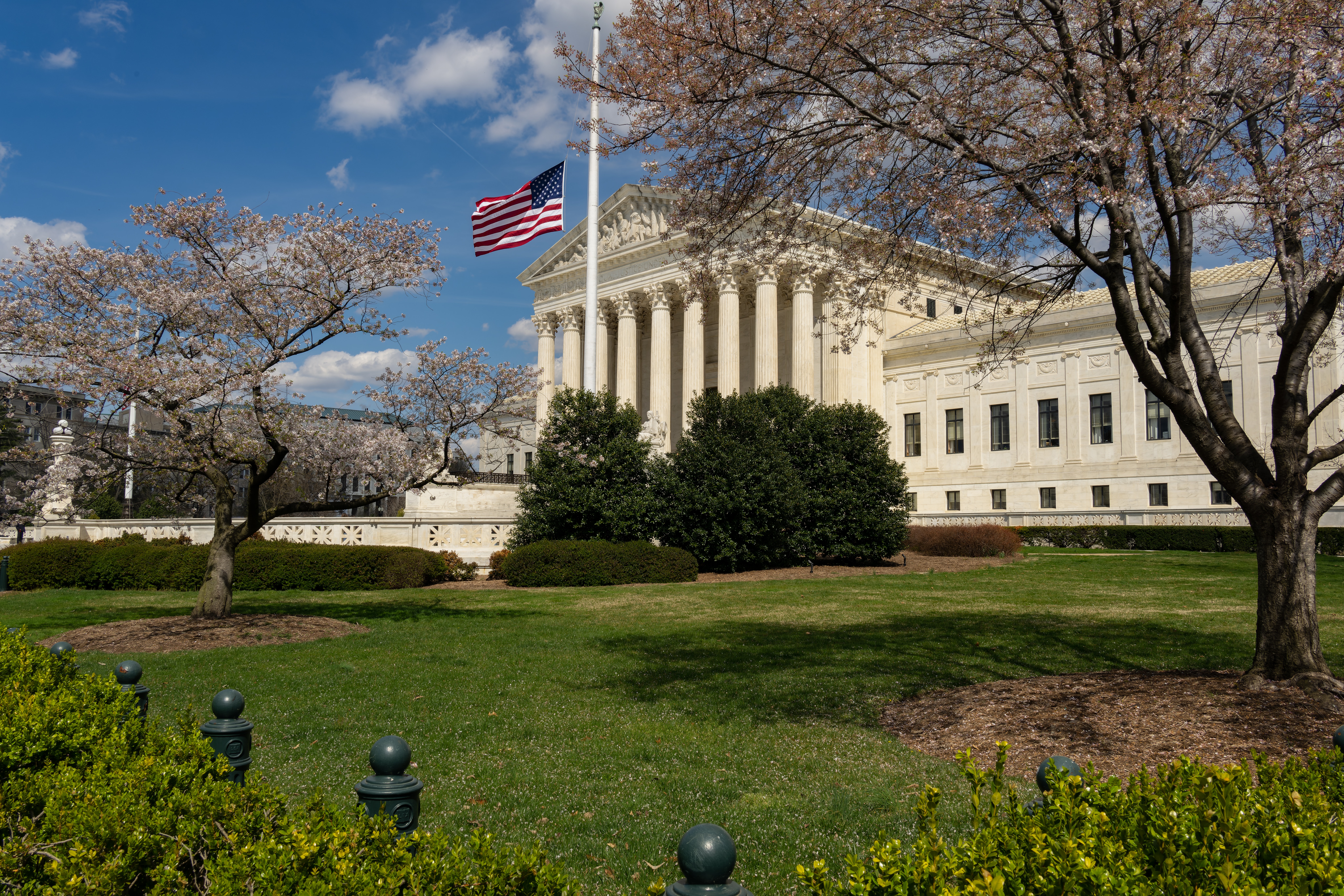
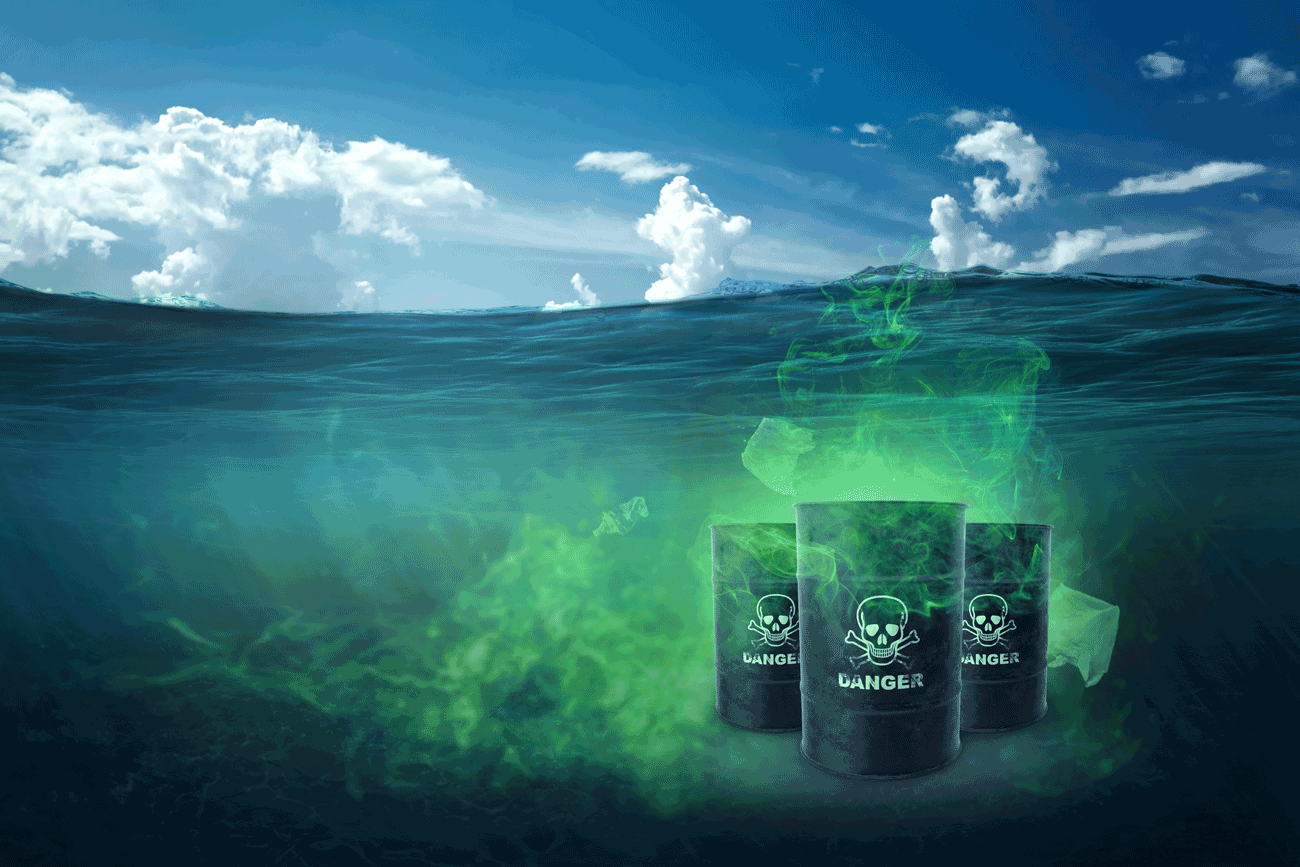
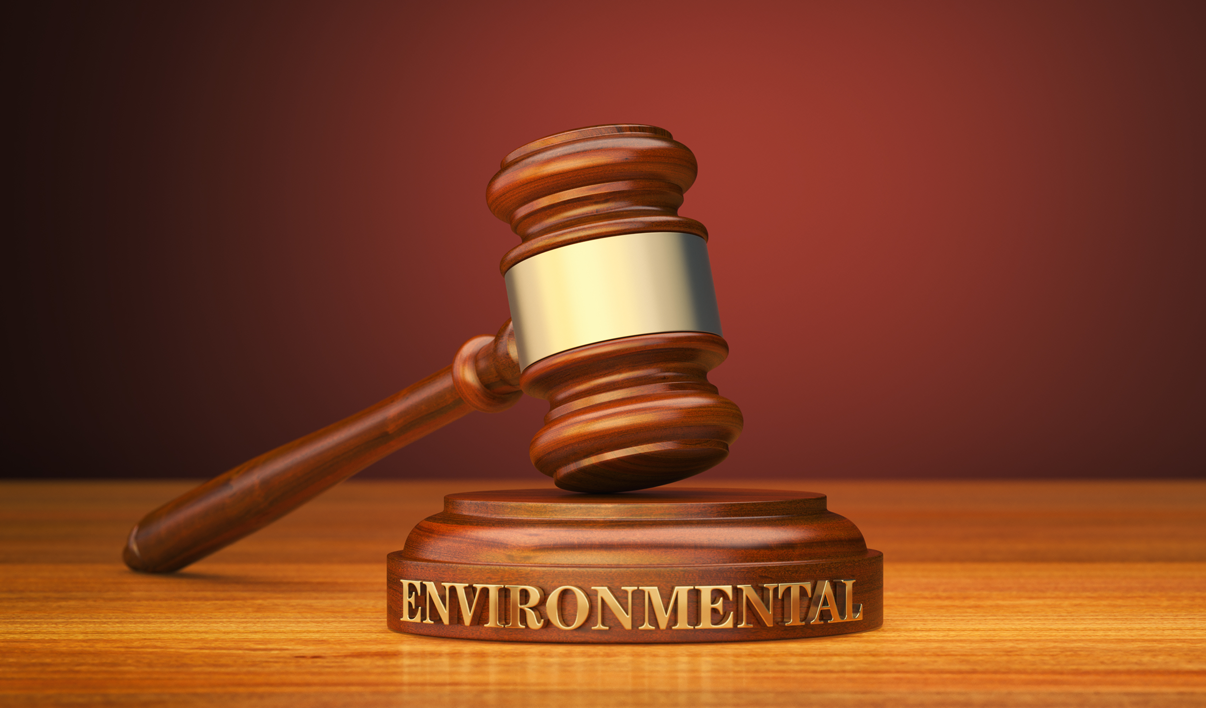
.jpg)

